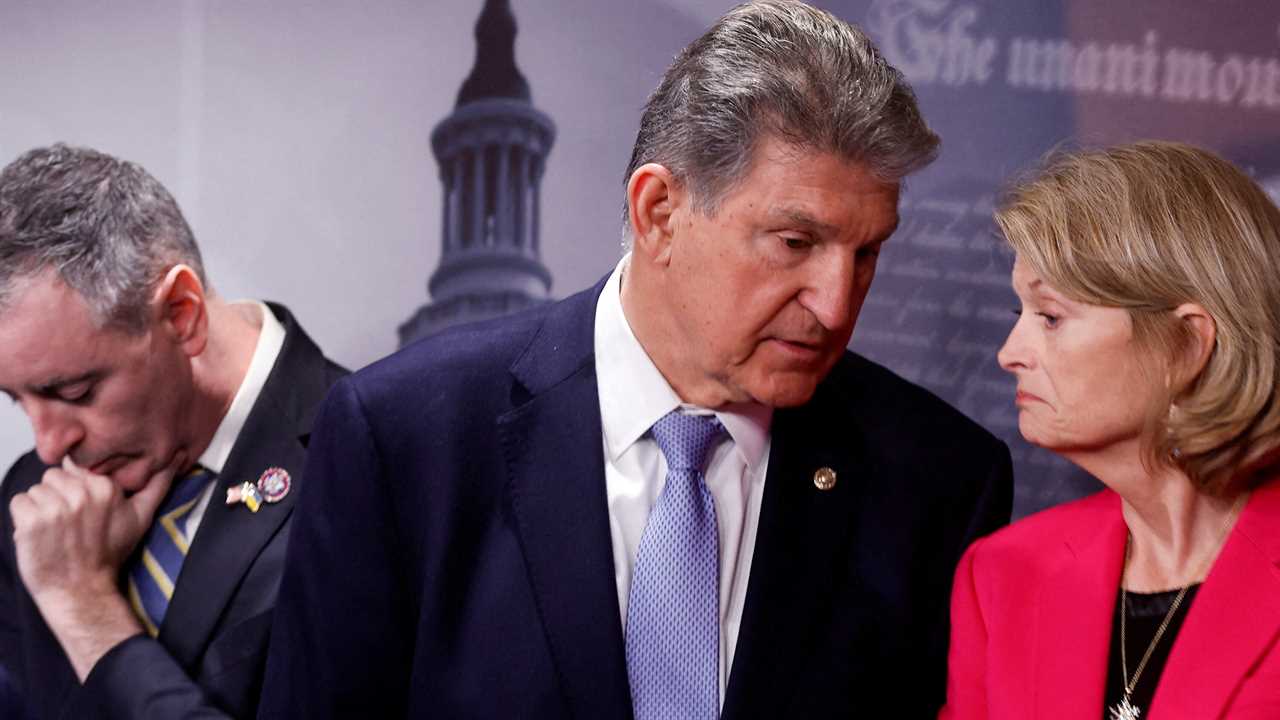
In 2010, David Roberts, an influential left-leaning journalist and blogger, coined the term “climate hawk” to refer to activists pushing for aggressive solutions to the dangers of climate change.“For better or worse,” he wrote, “more Americans respond to evocations of toughness in the face of a threat.”The label caught on — and “climate hawk” has since become a badge worn proudly by a nucleus of politically savvy climate-action advocates. And now, days into Russia’s invasion of Ukraine, leading climate hawks sense that the moment is ripe to connect the war to their cause.“America is lining Putin’s pockets by buying billions of dollars of Russian oil,” Senator Ed Markey, a Democrat of Massachusetts and an architect of the Green New Deal, said in an interview. “The United States doesn’t need Russian oil any more than we need Russian caviar.”Adding to the feeling of urgency: As the war began, a United Nations climate panel issued a landmark report detailing the catastrophic impacts of global warming, which include floods, deadly heat waves and extreme water scarcity that could affect millions.“This whole crisis points out the need for us to wean ourselves and the rest of the world off fossil fuels,” Tom Steyer, a billionaire former presidential candidate and major Democratic donor, said in an interview.He added: “How many wars have we been in, in countries that have deep relationships with fossil fuels? How many times have we seen this incredible volatility related to fossil fuels?”The climate hawks are in temporary alignment with foreign policy hawks, who also worry about importing oil and gas from unstable and undemocratic parts of the world — but for different reasons. The two groups agree on cutting off Putin’s energy lifeline, but that’s about it. And it’s not clear which way the White House, with gasoline prices surging past $4 a gallon, will go.There are various ideas floating around Capitol Hill for cutting off energy imports of Russian energy, all of which got a boost on Monday when lawmakers agreed on a legislative framework to do so.What happens next is where the agreement starts to break down. To vastly oversimplify, Capitol Hill divides into two basic camps on how to replace the Russian oil.On one side is a bipartisan group led by two senators from fossil fuel-producing states: Joe Manchin III, Democrat of West Virginia, and Lisa Murkowski, Republican of Alaska, who have recruited Republicans and many moderate Democrats to their bill implementing the Russian cutoff.On the other side are the climate hawks: Markey, Senator Martin Heinrich of New Mexico and many progressive Democrats in the House. Last week, Markey and Heinrich unveiled their alternate proposal for banning Russian energy imports: the SPIGOT (Severing Putin’s Immense Gains from Oil Transfers) Act. Unlike Manchin and Murkowski’s legislation, their bill requires the U.S. to replace Russian imports with renewable energy over time.Some quirkier ideas have emerged. Bill McKibben, an activist close to the administration, is calling on President Biden to use the Defense Production Act to ramp up the manufacture of heat pumps — highly energy-efficient, all-in-one heating and cooling units — and ship them to Europe.“We could peacefully punch Putin in the kidneys,” McKibben wrote in his Substack newsletter.The White House’s dilemma
ImagePresident Biden on the South Lawn of the White House on Friday. His administration has put forward ambitious goals for carbon emissions.Credit...Pete Marovich for The New York TimesBiden has stacked his administration with climate hawks, and has put forward ambitious policies to rein in carbon emissions and move the country toward renewable, clean energy.But Ukraine’s crisis is testing that.White House officials say that over the long run, the world needs to move past fossil fuels. But, with oil prices already touching $130 a barrel, they don’t want to further roil the markets.So, administration officials are scouring the world to replace Russia’s oil output. There are no easy choices: Iran (which is under economic sanctions), Venezuela (also under sanctions) and Saudi Arabia (which is angry with the U.S. for various reasons) have been floated as possibilities.Live Updates: Russia-Ukraine War
Updated March 7, 2022, 7:00 p.m. ETHate for Putin and ordinary Russians consumes Ukraine.Once victims in southeast Europe, Jews come to the aid of fleeing Ukrainians.The third round of Ukraine-Russia talks renew the prospect of humanitarian corridors.But as he worries about gas prices, Biden also has to worry about the left. Progressives criticized him last week for saying little about climate change in his State of the Union address. The bulk of his climate agendaBy: Blake Hounshell and Leah Askarinam
Title: Climate Hawks Join the Debate on Ukraine
Sourced From: www.nytimes.com/2022/03/07/us/politics/russia-ukraine-climate-oil-gas.html
Published Date: Tue, 08 Mar 2022 00:00:07 +0000
Read More
 UK PoliticsWorld PoliticsVideosPrivacy PolicyTerms And Conditions
UK PoliticsWorld PoliticsVideosPrivacy PolicyTerms And Conditions
